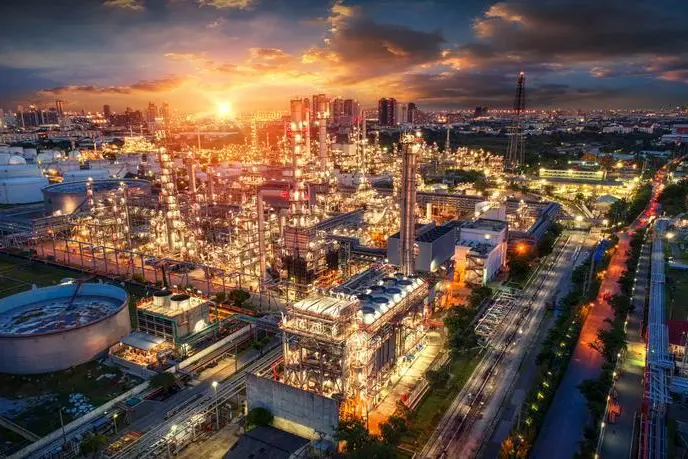PHOTO
Egypt’s Ministry of Petroleum and Mineral Resources outlined plans to significantly boost petrochemical production capacity and attract $2.1bn in exploration investments during the fiscal year 2024/25.
The Ministry aims to drill 110 new exploratory wells for oil and gas with total investments of $2.1bn in FY 2024/25, rising to 586 wells with $2.7bn invested by 2030.
The Ministry seeks to implement projects to increase petrochemical production capacity to 170% of current levels and raise exports to reduce the trade balance deficit.
Minister of Petroleum and Mineral Resources, Karim Badawi, presented the Ministry’s strategy before a parliamentary committee reviewing the government’s program. He highlighted the need to address a widening gap between domestic consumption and production due to rising global prices and declining output from existing fields.
The Ministry also plans to incentivize exploration and development activities by offering new mechanisms in existing and new exploration and production agreements (EPAs). This includes expediting EPA issuance and leveraging the expertise of global companies. A global marketing plan and tenders through the Egypt Exploration and Production Portal are envisioned to further attract investment.
The Ministry acknowledges the challenges facing the sector, including declining production from existing fields and rising partner dues. To bridge the gap between production and consumption, the plan emphasises maximising the utilisation of existing resources, such as refineries, storage facilities, and transportation networks. Additionally, studying the addition of another floating LNG storage unit is on the table.
Egypt’s strategic location and robust infrastructure position it as a potential regional energy hub.
Badawi highlighted the country’s well-established storage facilities, pipeline networks, and interconnection with neighbouring countries. This infrastructure, coupled with ongoing cooperation efforts, aims to make Egypt a natural gas gathering centre for the Eastern Mediterranean region.
Mining Sector Development
The Ministry also presented plans to develop the mining sector. Regular bidding rounds for gold and mineral exploration, along with intensified reserve confirmation efforts, are key initiatives.
Additionally, a digital transformation project, a digital investment platform, and an aerial survey program are designed to further propel the sector. The Ministry targets increasing gold production to 800,000 ounces and mineral ore production to 30 million tons by 2030.
Green Economy and Digital Transformation
The Ministry emphasised its commitment to a green economy transition. Projects encompassing green ammonia, bioethanol, and sustainable aviation fuel are either under implementation or in the study phase.
Energy efficiency and carbon reduction initiatives are also planned, with a target of lowering carbon emissions by 2.5 million tons annually by 2030. To finance these green projects, the Ministry seeks concessional financing and explores alternative options like carbon credits.
The Ministry’s digital transformation strategy focuses on enhancing operational efficiency and decision-making. The Egypt Upstream Gateway (EUG), a digital platform for marketing oil and gas exploration areas, exemplifies this commitment.
By implementing this multifaceted plan, Egypt aims to bolster its oil and gas sector, develop its mining industry, and emerge as a regional energy hub, all while prioritising green initiatives and digital advancements.
© 2024 Daily News Egypt. Provided by SyndiGate Media Inc. (Syndigate.info).





















